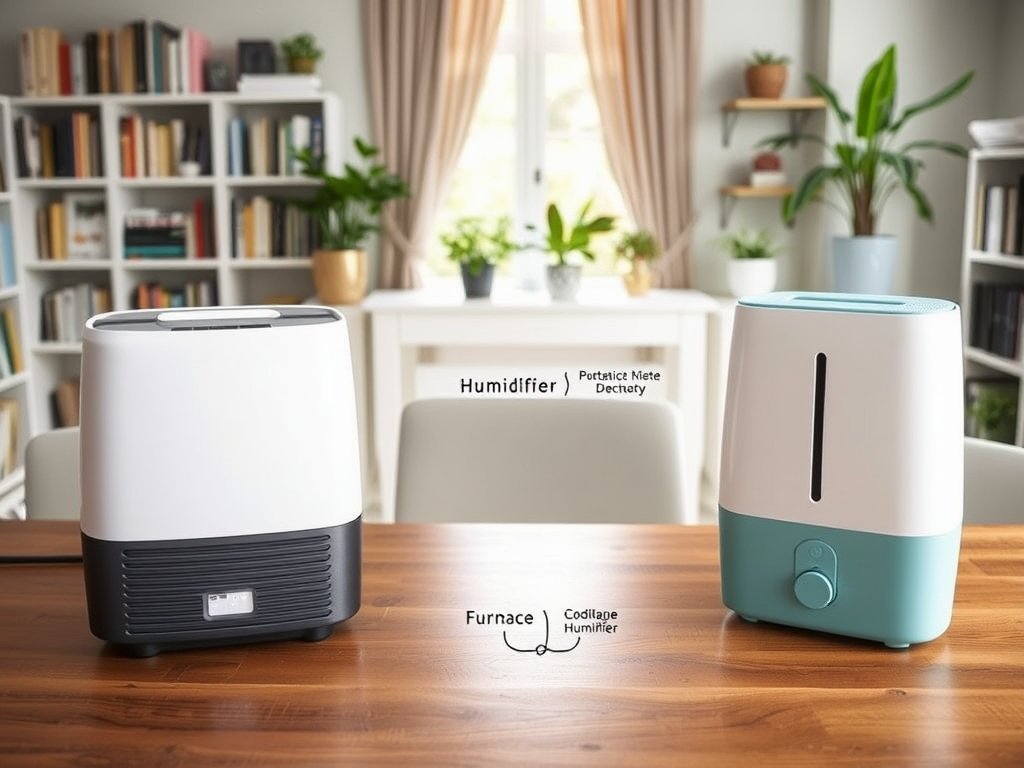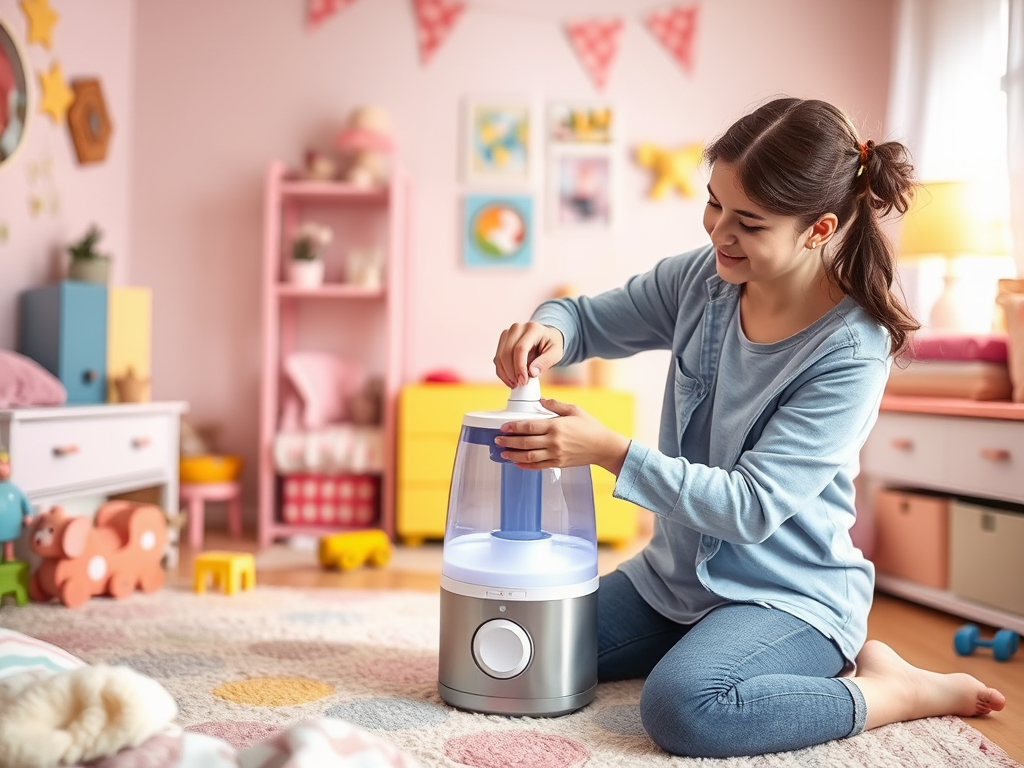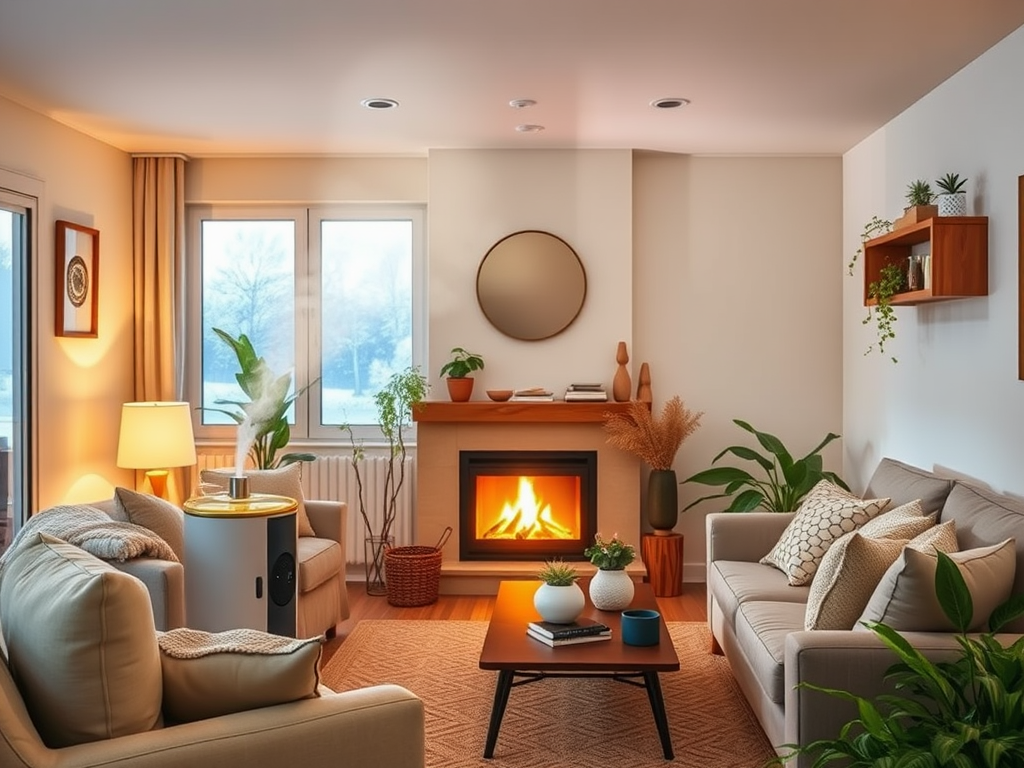Deciding between furnace humidifiers and portable humidifiers can seem daunting, especially with various factors influencing each option’s effectiveness. Understanding your unique needs and the specific characteristics of each type is crucial. In essence, both types aim to improve indoor air quality and comfort by adding moisture to the dry air that can dominate during colder months. However, their methods of operation, cost implications, and maintenance levels vary significantly. This article explores the nuances of furnace and portable humidifiers, equipping you with the knowledge required to make an informed decision that best suits your lifestyle and home environment. By the end, you’ll have clarity on which option aligns more closely with your humidity requirements.
Understanding Humidifiers

Humidifiers are devices designed to add moisture to the air, combating the issues that arise in dry environments. These issues can range from dry skin and respiratory problems to static electricity and damage to wooden furniture. Indoor humidity plays a significant role in overall comfort and health, especially during the winter months when heat can dry out indoor air quickly. When humidity levels are balanced, it creates a more inviting atmosphere and can even improve sleep quality and overall wellness. Selecting the right type of humidifier can make a remarkable difference in maintaining optimal indoor humidity. But before embarking on this journey, it’s essential to grasp the types of humidifiers available.
Types of Humidifiers

Furnace Humidifiers
Furnace humidifiers are installed directly into your heating system, allowing them to distribute moisture evenly throughout your home via existing ductwork. These systems primarily work by drawing water from your home’s plumbing, using heat from the furnace to vaporize the water, and then channeling it into your indoor airspace. As a result, the convenience of having a whole-house solution eliminates the hassle of moving portable units around. Plus, maintaining consistent humidity levels can lead to increased comfort and reduced energy bills.
| Aspect | Furnace Humidifier | Portable Humidifier |
|---|---|---|
| Installation | Professional installation required | User-friendly; no installation |
| Cost | Higher initial cost | Lower upfront cost |
| Coverage | Whole house | Room-specific |
Advantages
- Consistent humidity throughout the home.
- Less risk of dry skin, static electricity, and respiratory issues.
- Helps to preserve wooden furniture and flooring.
Disadvantages
- Higher initial installation costs that may deter some homeowners.
- Requires a functioning furnace to operate effectively.
- Typically necessitates professional installation.
Portable Humidifiers
In contrast, portable humidifiers function independently, allowing you to use them in specific rooms based on your needs. These models utilize various methods like evaporative or ultrasonic technology, making them versatile tools for localized humidity control. The appealing aspect of portable humidifiers lies in their affordability and ease of use—the user can simply place the unit where needed and refill the water tank as necessary. This flexibility allows you to target problem areas within your home, ideal for improving air quality wherever it is most needed.
Advantages
- Lower upfront costs and easy to install without professional help.
- Flexibility to move from room to room as necessary.
- Allows specific humidity control in targeted areas of the home.
Disadvantages
- Requires regular manual refilling of the water tank.
- May not adequately cover larger areas or the entire home.
- Presents potential for mold and bacteria growth if not cleaned regularly.
Key Considerations When Choosing a Humidifier
When evaluating which type of humidifier is suitable for your home, several factors can influence your decision. Firstly, consider the size of your home. A larger space may require the consistent moisture output offered by a furnace humidifier, while smaller areas could benefit from the targeted use of portable units. Additionally, your budget plays a significant role; while furnace humidifiers tend to have higher upfront costs due to installation and materials, portable options usually promise immediate affordability.
Moreover, it’s essential to assess your specific humidity needs based on personal health conditions and the climate in your area. If you or a family member suffers from allergies or respiratory issues, investing in a higher-quality unit may be wise. Lastly, the maintenance commitment associated with each type cannot be overlooked; evaluate how much time you can dedicate to upkeep when considering the options.
Conclusion
Choosing between a furnace humidifier and a portable humidifier significantly influences the comfort and health of your indoor environment. By analyzing the benefits and drawbacks of both options, as well as considering aspects such as house size, budget, humidity needs, and maintenance, you can make an informed decision that aligns with your lifestyle. Whether you prioritize whole-home solutions or flexible, room-to-room control, understanding the characteristics of each type ensures that you’ll enhance your indoor air quality effectively, leading to a more comfortable living space.
Frequently Asked Questions
- What is the main difference between furnace and portable humidifiers? Furnace humidifiers are built into your heating system and humidify the entire house, while portable humidifiers are standalone units designed for specific rooms.
- Are furnace humidifiers more expensive than portable ones? Yes, furnace humidifiers typically involve higher upfront costs due to installation, while portable humidifiers are generally more budget-friendly.
- How often should I clean my humidifier? It’s recommended to clean your humidifier at least once a week to prevent the growth of mold and bacteria.
- Can I use a portable humidifier in multiple rooms? Yes, portable humidifiers can be easily moved from room to room, allowing for localized humidity control as needed.
- Do humidifiers help with allergies? Yes, maintaining optimal humidity levels can alleviate allergy symptoms by preventing dry air that irritates the respiratory system.
